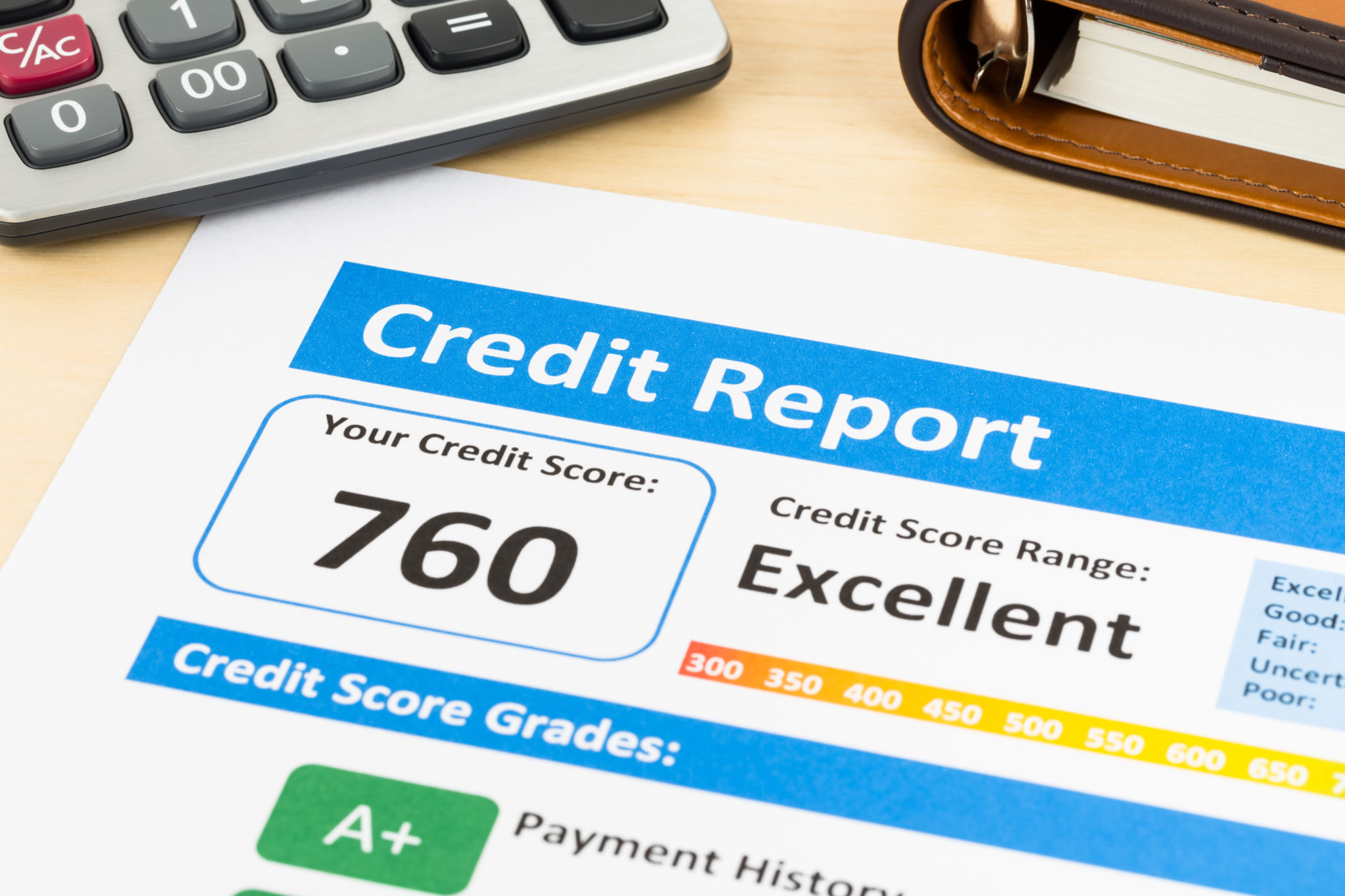It’s important to have good credit when you’re ready to take out a loan. Otherwise, you might not get the loan at all, or the terms of the loan could be less favorable than they could be if your credit were better. Here are some top tips for boosting your credit score and improving your chances of getting a good deal on a loan or mortgage.
1. Dispute any errors on your report
If you find an error, dispute it with the credit bureaus. You can do this online or by mailing in a form that’s available online or at any major credit union. If you want to dispute an item with a collection agency, send them a letter by certified mail with a receipt and keep copies of all documents related to your case.
When disputing errors, it’s important to be specific about what is inaccurate so that they can correct it immediately rather than waiting for 30 days before responding as required by law (which means another 30 days until the item drops off).
If you don’t specify where information is incorrect and instead just say there should be no record of something because “it never happened,” there won’t be anything for them to change, and then some enterprising employee might try adding false information later on so that their company doesn’t get caught lying about debts being paid off already!
2. Pay down your credit card balances
If you have credit card debt, the first step to improving your credit score is to pay down your balances. Credit card debt is bad for your credit score because it shows that you’re borrowing money and not paying it back right away. It also makes lenders think that you may not be willing or able to repay loans in the future.
The best way to handle this situation is by using one of two methods: paying off all of your cards in full every month or making minimum payments on all of them except for the one with the highest interest rate (the “balloon payment”).
If possible, aim for the latter option; it will save money over time by reducing overall interest charges on multiple accounts. And if you do go this route, make sure that any additional payments go toward the account with the highest interest rate so that you can wipe out that balance faster.
If neither option works for your budget or goals at present, just focus on getting rid of one high-interest balance first! Once this has been paid off completely, repeat until all debts are gone, but don’t forget about any other debts (like student loans) while doing so!
3. Pay any accounts that are in collections
Pay any accounts that are in collections. If there are any accounts on your credit report that have been sent to a collection agency, pay them off as soon as possible. Ideally, you should have paid them off at least a month before applying for a loan or mortgage, so they don’t appear on your credit report at all.
4. Keep your credit utilization low
You can improve your credit utilization in two ways. First, pay down the debt that you owe on your credit cards. This will reduce the amount of debt on each card and help lower your overall credit utilization. Second, close accounts that you no longer use or need as a way to decrease the total number of accounts you have open and thus increase your total available credit, as long as it doesn’t lower your overall available balance too much.
Conclusion
Hopefully, this article has helped you figure out how to improve your credit score before applying for a loan. Remember, credit is something that can be improved and repaired, so even if you don’t qualify for the best loan right now, if you work on fixing your credit, you will get approved eventually. Good luck!
[offerpromo]











